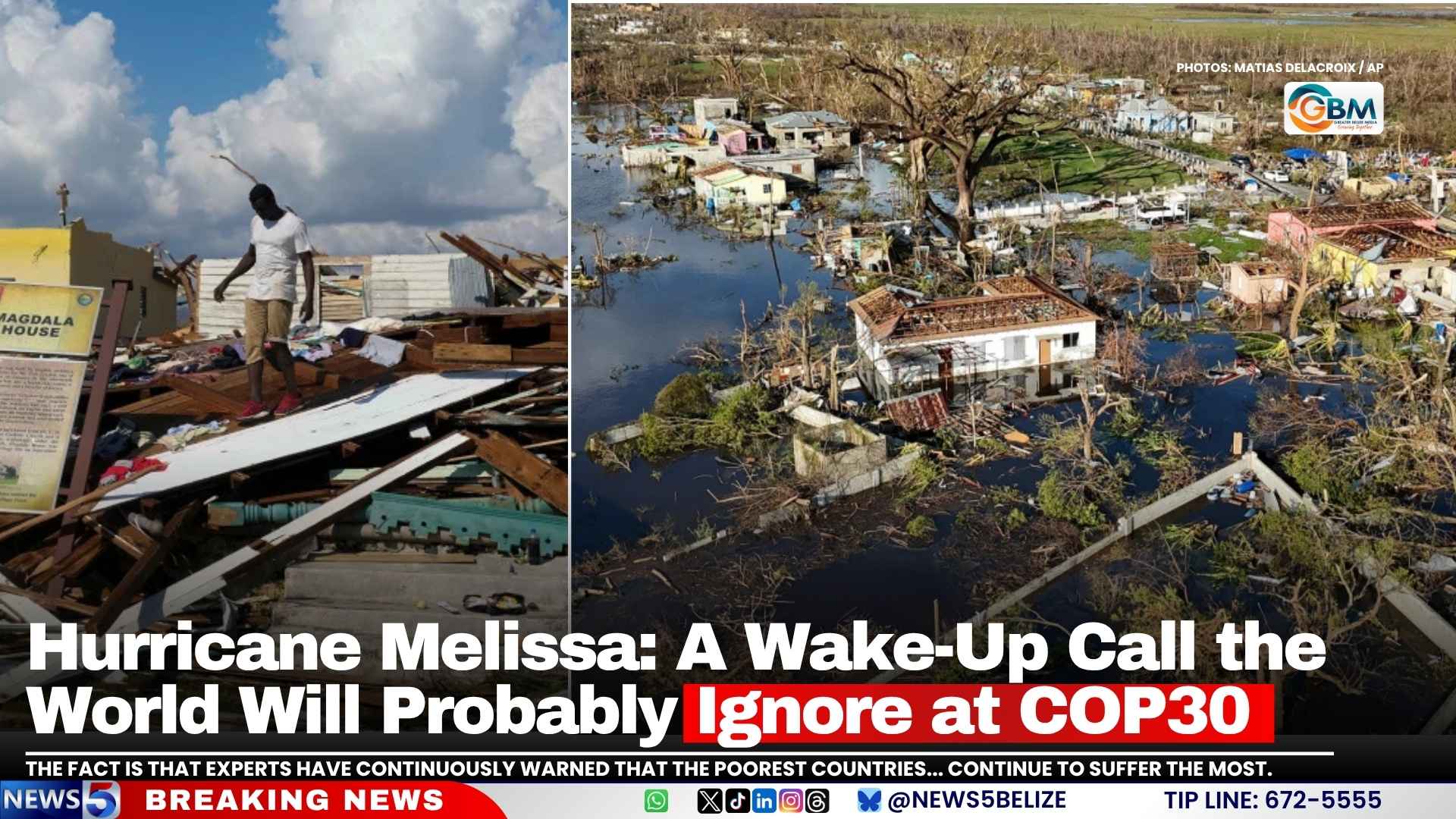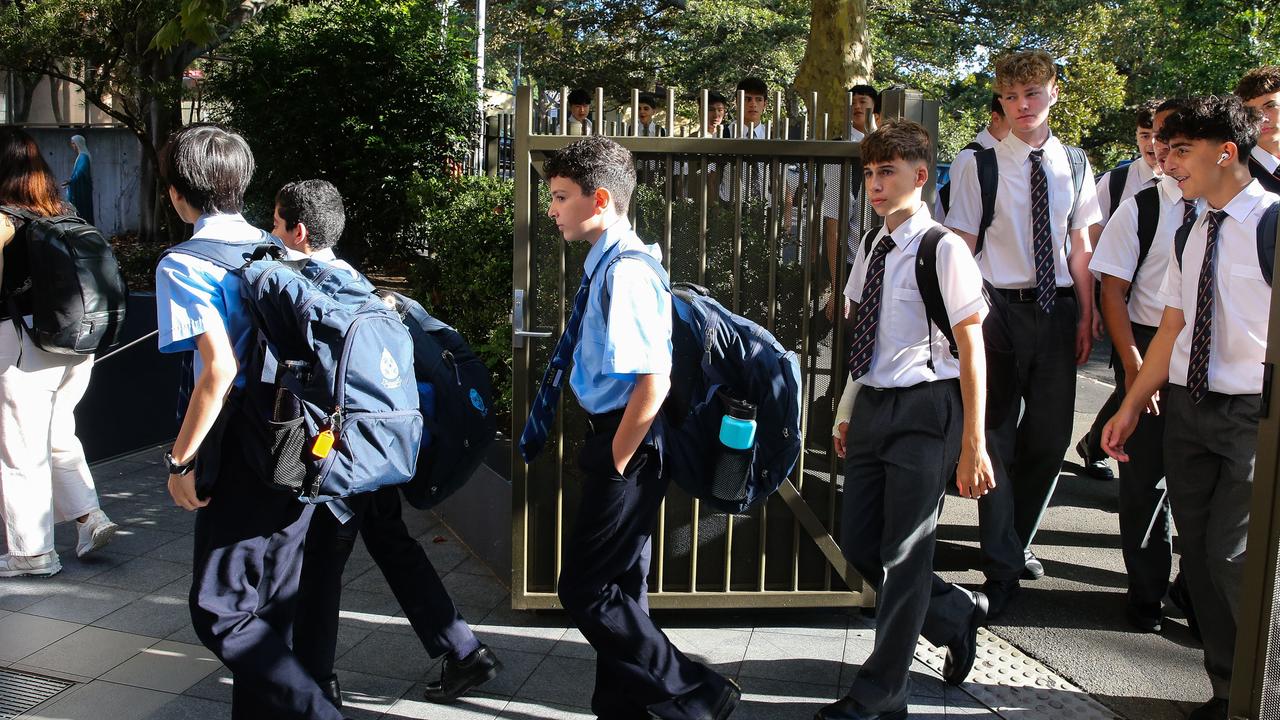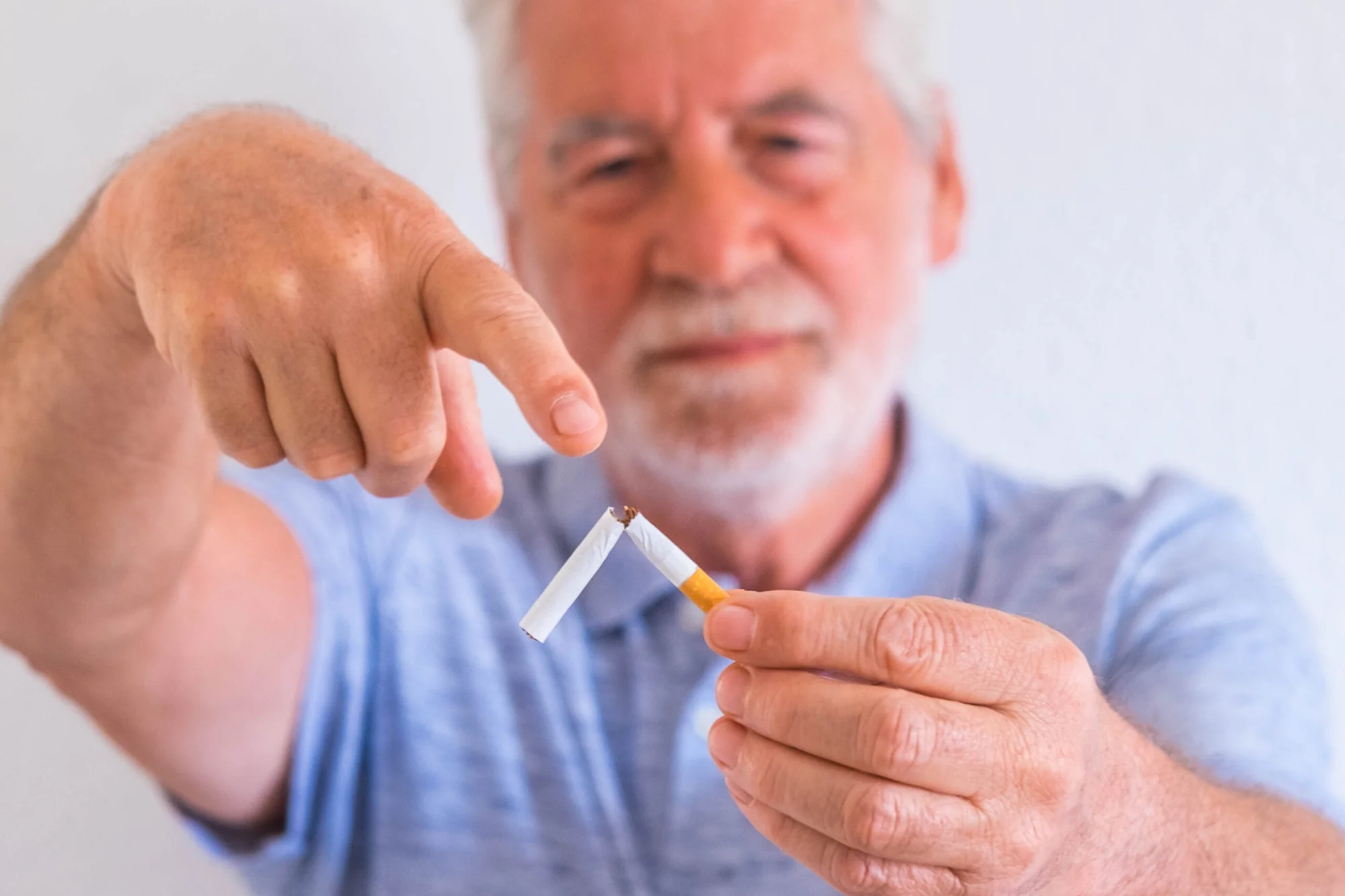Copyright greaterbelize

Hurricane Melissa: A Wake-Up Call the World Will Probably Ignore at COP30 It’s nearly a week after the catastrophic Hurricane Melissa tore through the Caribbean, and recovery efforts are making a small dent on the devastated islands. The storm left a trail of devastation across Jamaica, Haiti, and Cuba, which has once again reignited concerns about the growing intensity of tropical cyclones in a warming world. Authorities in Haiti have confirmed 31 deaths, with 21 people still missing, mostly in the southern region. In Jamaica, Prime Minister Andrew Holness said 28 people have died. Jamaican authorities warned that the death count could grow over the next few days. The island’s Minister for Education, Dana Morris Dixon, said, “Every single life that is lost is a huge tragedy. We’re doing our best to provide support to those families that need it.” Cuba has reported no fatalities so far, but severe flooding forced the evacuation of more than 735,000 residents from its eastern provinces. Although Jamaica’s catastrophe bond, issued in 2024 with the World Bank, has been triggered to release 150 million US dollars for immediate relief and rebuilding, hurricanes in recent years have still inflicted tens of billions of dollars in damage across the Caribbean, leaving many nations burdened by heavy debt. Melissa’s timeliness serves as a reminder, another case study to look at in the upcoming COP30 set to begin just a few days from now on November 6 in Brazil. How much of a role did climate change have in the rapid intensification of Hurricane Melissa? Experts would have to determine that. However, research has shown generally that global warming is making hurricanes more intense in part because warmer oceans are known to fuel stronger hurricanes. The fact is that experts have continuously warned that the poorest countries, which have contributed least to global emissions, continue to suffer the most. The International Monetary Fund estimates that the Caribbean will need around 100 billion US dollars in investment to build resilience against future disasters. Repeated storms and rising recovery costs have left many island nations heavily indebted, making it harder to prepare for the next catastrophe.



